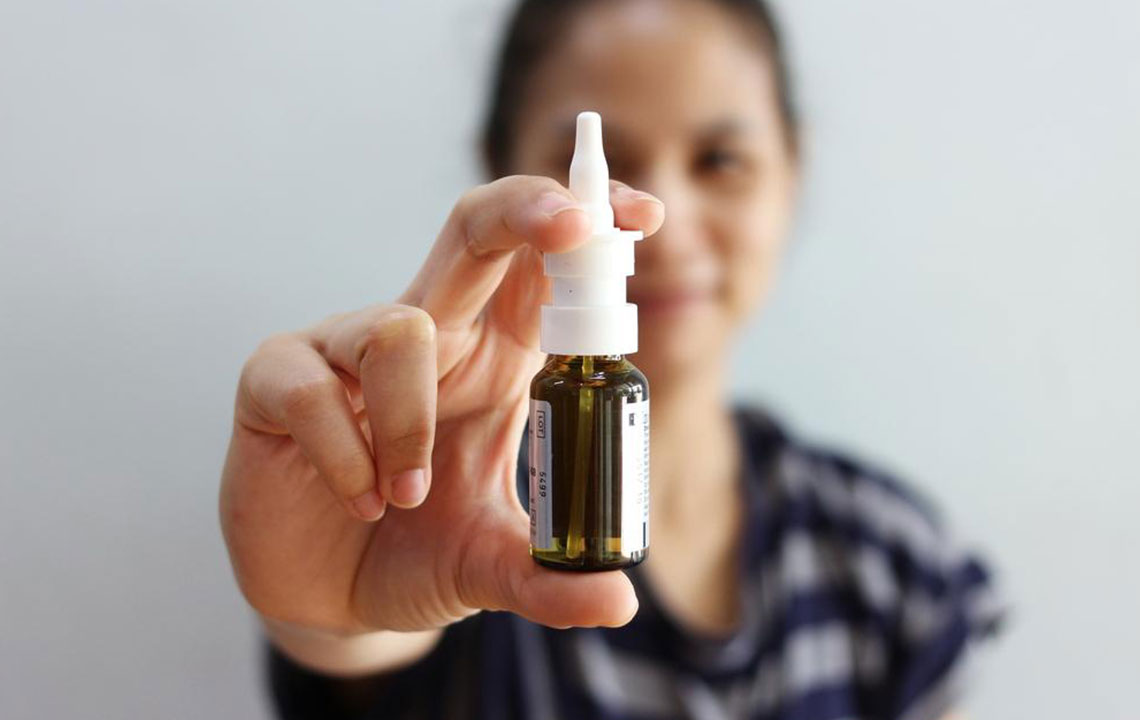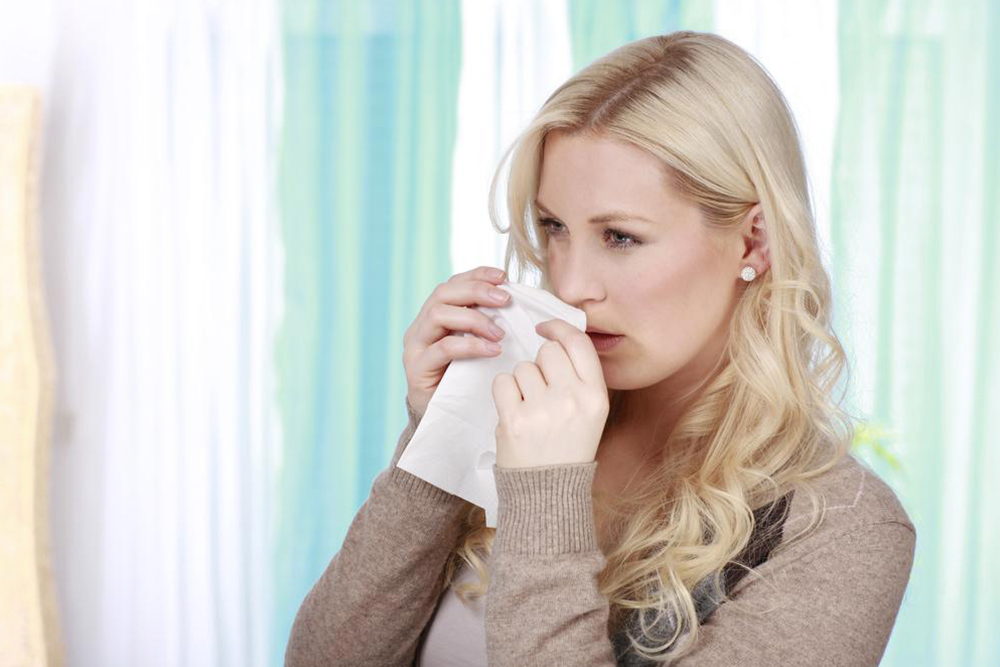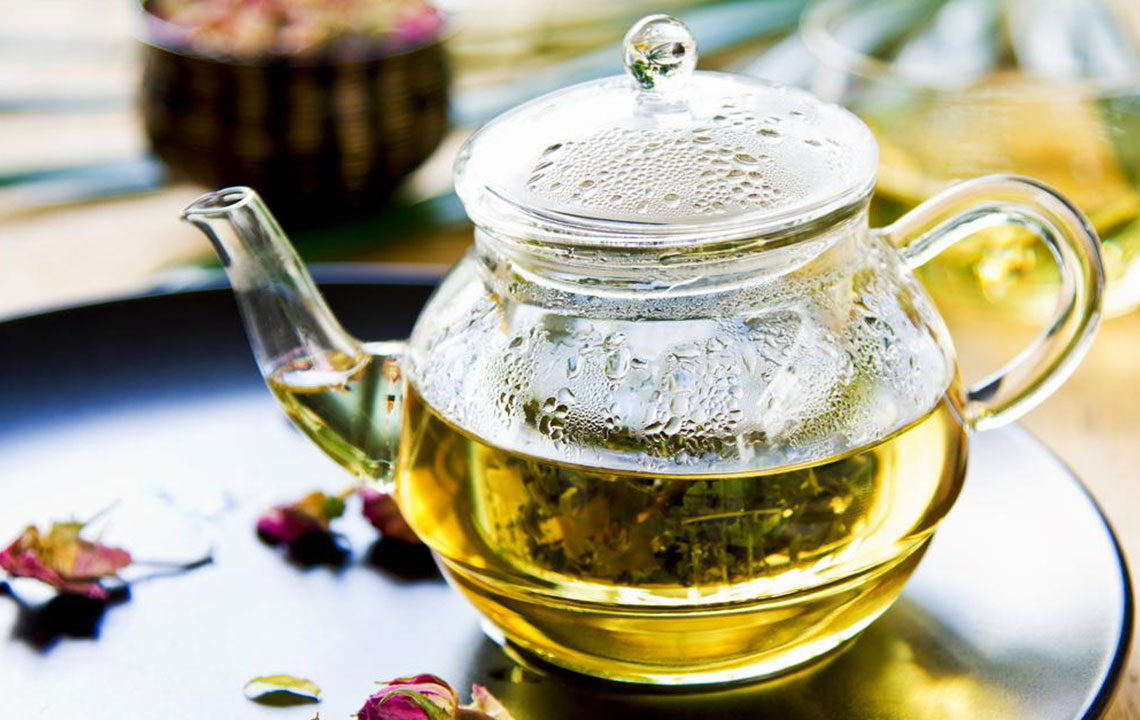Comprehensive Guide to Cold & Flu Relief: Effective Strategies and Natural Remedies
Discover comprehensive strategies and natural remedies for cold and flu relief. Learn about the limited effectiveness of some OTC medications, and explore gentle, natural options like zinc lozenges, steam inhalation, honey, and proper rest. This guide helps you make informed choices to alleviate symptoms safely and recover more comfortably within 9 to 10 days.

Understanding Cold & Flu Treatments
When dealing with the common cold and influenza, many people reach for over-the-counter medications without a clear understanding of their effectiveness or necessity. It is essential to recognize that most colds and flu infections are self-limiting illnesses, typically resolving within 9 to 10 days without the need for pharmaceutical intervention. While medications can provide symptomatic relief, their actual benefits are often limited, especially when used indiscriminately. Knowing when and how to use these remedies can help you recover faster and avoid unnecessary side effects.
Evaluating Common Medications and Their Effectiveness
Many over-the-counter drugs are routinely used to alleviate cold and flu symptoms, but scientific research suggests that some of these medications may be overused or only marginally effective. For example, phenylephrine, a popular nasal decongestant found in many cold remedies, is often used to relieve nasal congestion. However, studies have shown that phenylephrine's effectiveness is comparable to a placebo, meaning it does not significantly improve symptoms for most users. It functions by constricting blood vessels in the nasal passages, providing temporary relief, but it does not address the underlying viral infection. Extended use of such vasoconstrictors can also lead to increased blood pressure and other side effects.
Similarly, antihistamines are frequently included in cold remedies to reduce sneezing and runny nose. Although they may offer some temporary mucus relief, their overall impact on cold and flu symptoms is limited, since these illnesses are caused by viruses, not bacteria. Therefore, antibiotics, which target bacteria, are ineffective and unnecessary for treating viral infections like colds and flu.
It is important to approach cold and flu treatments with a critical eye, avoiding the assumption that all medications are equally beneficial. Consulting healthcare professionals and understanding the specific role and limitations of medications can help in making informed decisions about your recovery process.
In addition to pharmaceuticals, natural and home-based remedies can play a vital role in managing symptoms effectively. For instance, zinc lozenges are popular for reducing cold duration, despite some people finding their taste unpleasant. Hot steamy baths are another effective method to relieve nasal congestion by loosening mucus, facilitating easier breathing. Inhaling steam, particularly with calming eucalyptus oil, can provide immediate soothing relief. Remember, ensuring plenty of rest and staying well-hydrated are fundamental to fighting off these infections. Honey, taken before bedtime, can modestly reduce coughing episodes by about 20%, offering natural comfort and better sleep. Overall, adequate rest, hydration, and natural remedies are invaluable for recovery. Avoiding unnecessary medications and focusing on supportive care can help you recover faster and with fewer side effects.





